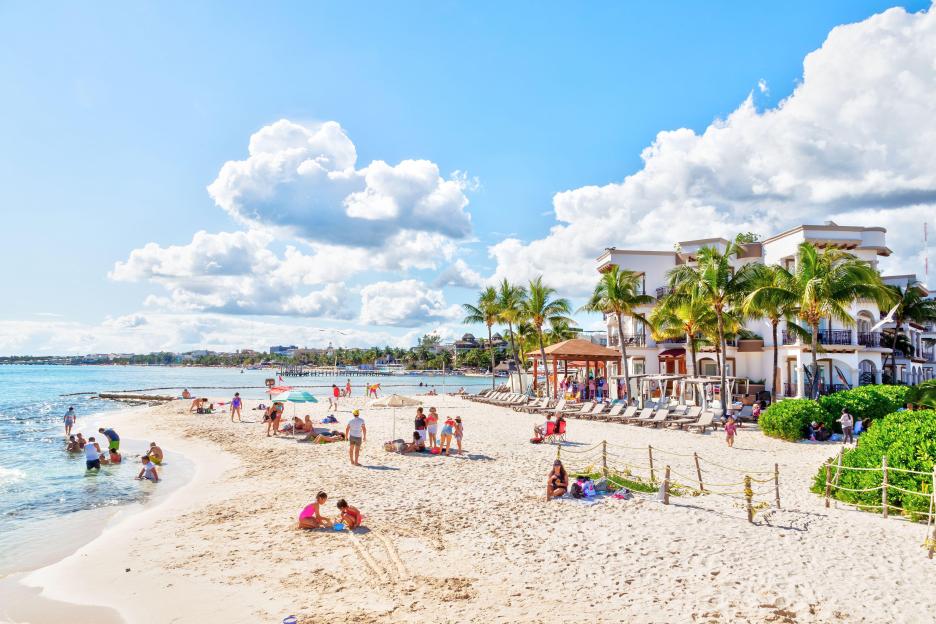The head of Britain’s coach industry has cautioned that new border passport checks for UK travelers heading to Europe could lead to significant delays and negatively impact ferry travel across the Channel.
Travelers and workers heading to nearly 30 countries will now be required to undergo biometric scans, which include taking photographs and fingerprints.
 New passport checks for those traveling to Europe may lead to significant delays, warns the head of Britain’s coach industry.
New passport checks for those traveling to Europe may lead to significant delays, warns the head of Britain’s coach industry.
Those passing through the Port of Dover, the Eurostar terminal, and via Heathrow Airport in London will need to undergo the Entry/Exit System (EES) checks while in the UK.
Holidaymakers flying out of Britain will not need to complete these checks, which are replacing the traditional stamping of passports, until they arrive at their destination airport.
Stephen Spendley, Director of Operations for the UK Coach Operators Association, believes that if EES “results in unpredictable delays,” it could “harm confidence and deter cross-Channel group travel,” marking the “most significant operational change in decades.”
He noted that coaches typically accommodate up to 60 passengers who “must complete the new biometric process,” and cautioned that this “introduces a completely new level of complexity that the system must manage efficiently.”
Checks for car passengers at Dover are now anticipated to take six minutes, compared to the previous 30 to 60 seconds under the old system.
The Port of Dover has invested £40 million in new facilities, which includes reclaiming wetlands for the benefit of coach passengers.
Stephen stated that while the port has made considerable advancements in its preparations, “the true test will come when they are operating at full capacity during peak travel seasons.”
Currently, only a few countries are implementing the new digital border system, including Germany, which is piloting it in Dusseldorf.
Another aim of the new system is to simplify the enforcement of the 90-day stay rule, which permits non-EU residents to remain for only 90 days out of every 180.
Exempt from these checks are British travelers to Ireland and Cyprus, diplomats, ministers on official duties, and individuals who hold EU residency under the Withdrawal Agreement.
Non-EU citizens may also encounter inquiries from border guards upon arrival in European nations under the new system.
Frequently Asked Questions
What are the new passport checks for travelers to Europe?
The new passport checks require travelers to undergo biometric scans, including taking photographs and fingerprints, when traveling to nearly 30 countries in Europe.
How will these changes affect travel times at the border?
The checks for car passengers at Dover are expected to take six minutes, significantly longer than the previous 30 to 60 seconds.
Who is exempt from the new border checks?
Exemptions include British travelers to Ireland and Cyprus, diplomats, ministers on official business, and individuals with EU residency under the Withdrawal Agreement.






